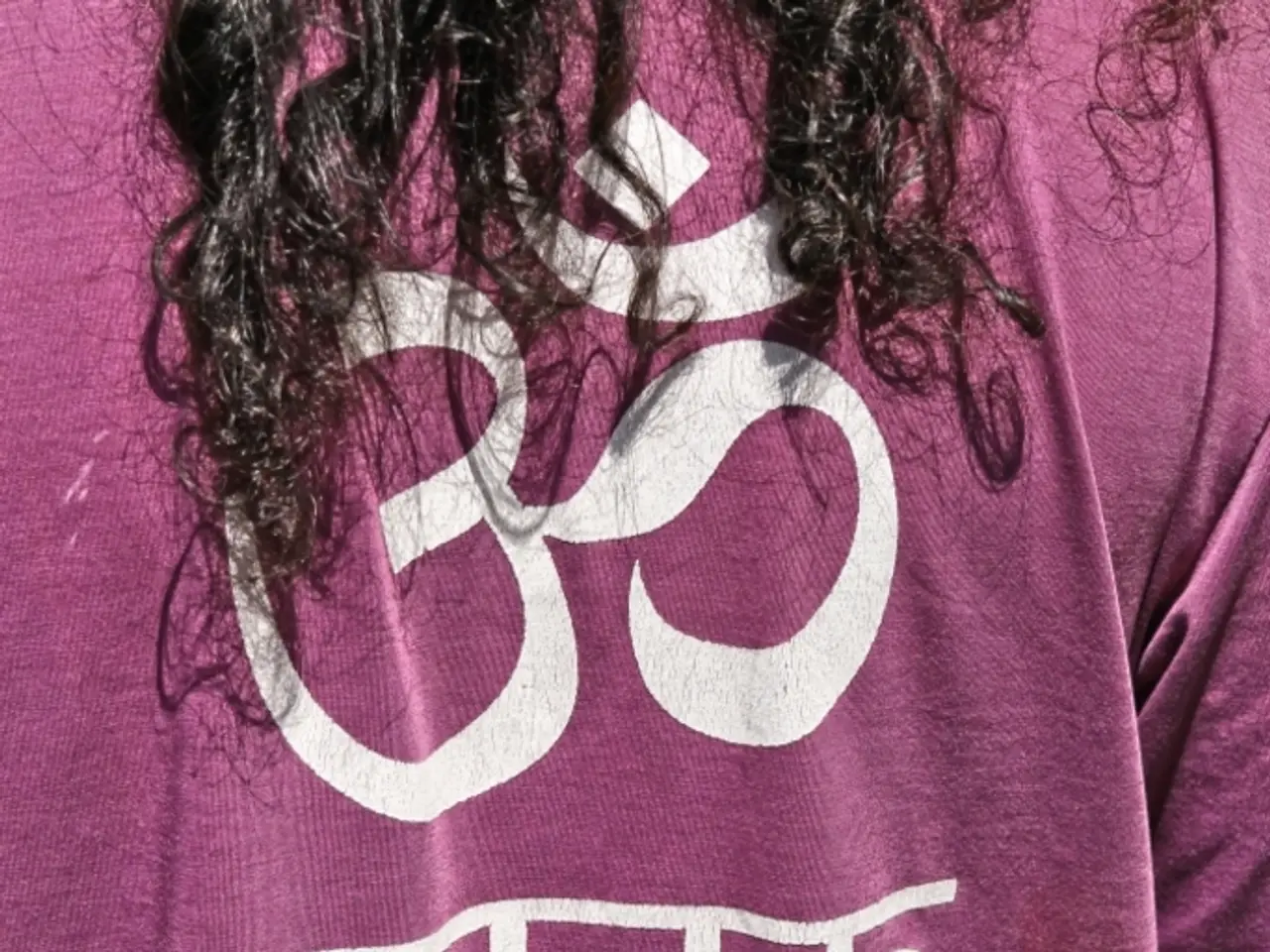Four Exercises Potentially Crucial for a Restful Night's Slumber
In a groundbreaking study published in BMJ Evidence-Based Medicine, researchers have found that certain types of exercise can significantly improve sleep quality and duration for individuals struggling with insomnia. The study, led by Dr. Zhi-jun Bu from The Affiliated Hospital and Clinical Medical College of Nanjing University of Chinese Medicine, analysed data from 22 clinical trials involving over 1,300 participants and 13 different interventions for insomnia.
The recommended exercises for improving sleep quality and duration include yoga, Tai Chi, walking, and jogging. Among these, yoga appears to be particularly effective. According to the study, practising yoga can increase total sleep time by nearly two hours and reduce the time spent awake after initially falling asleep by almost an hour.
Regular exercise has been found to enhance sleep quality by increasing slow-wave sleep, the restorative stage of sleep, and by affecting hormones related to sleep regulation such as melatonin and cortisol. Aerobic exercises such as walking or jogging may improve sleep structure by increasing energy expenditure, enhancing melatonin secretion, lowering cortisol levels, and boosting the proportion of deep sleep.
Tai Chi, as a mind-body practice combining physical movement and mental focus, may enhance parasympathetic activity, reduce inflammatory responses, and promote brain plasticity and circadian rhythm regulation. People who practised Tai Chi saw the most benefits for sleep among the exercises tested.
The study also emphasised the importance of timing and frequency. Exercising more frequently, ideally every day, improves sleep quality, particularly deep sleep that aids physical and mental recovery. As little as 10 minutes of moderate to vigorous activity daily was sufficient to improve restorative sleep in young adults.
While concerns exist about exercising too close to bedtime possibly disrupting sleep, the study found that regular exercise overall improves multiple sleep aspects, including reducing time to fall asleep and increasing deep sleep duration. Exercise also helps regulate circadian rhythms, the body’s natural sleep-wake cycle, which is crucial for good sleep.
These findings suggest that incorporating gentle to moderate physical activities like yoga or walking consistently throughout the week is a well-supported strategy to improve both sleep quality and duration. Avoiding prolonged inactivity and spreading exercise evenly rather than concentrating it in one or two days appears more beneficial for sleep health.
Cognitive-behavioral therapy was also found to significantly improve sleep quality and duration. However, there is no established optimal "dose" of physical activity for insomnia. The study did not find a connection between eating dairy before bed and nightmares.
In conclusion, for individuals struggling with insomnia, engaging in regular exercise, particularly yoga, Tai Chi, walking, or jogging, can provide a natural and effective solution to improve sleep quality and duration. By incorporating these exercises into daily routines, individuals can experience longer, more restorative sleep and improved overall health.
- The study in BMJ Evidence-Based Medicine suggests that practicing yoga can significantly increase total sleep time by nearly two hours and reduce the time spent awake after initially falling asleep by almost an hour.
- Among the exercises tested, people who practiced Tai Chi saw the most benefits for sleep, as Tai Chi may enhance parasympathetic activity, reduce inflammatory responses, and promote brain plasticity and circadian rhythm regulation.
- Regular exercise, including aerobic activities such as walking or jogging, has been found to improve sleep structure by increasing energy expenditure, enhancing melatonin secretion, lowering cortisol levels, and boosting the proportion of deep sleep, ultimately aiding physical and mental recovery.




